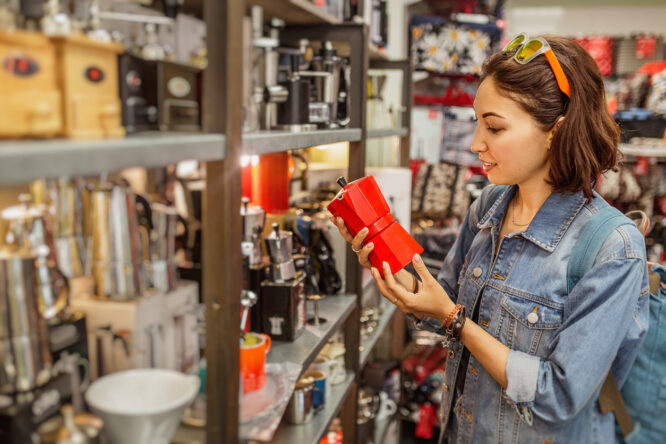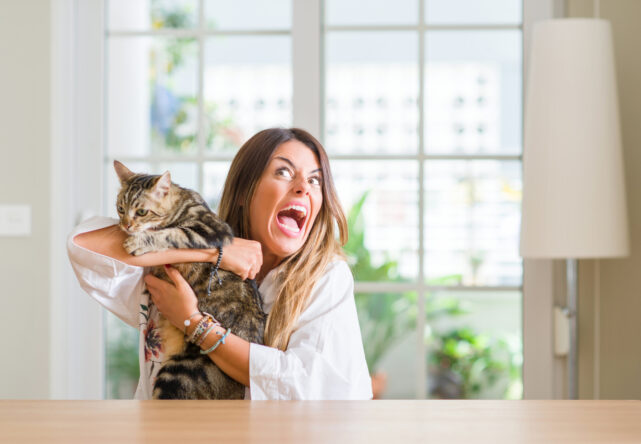Being a good pet owner requires more than just providing food and cuddles.

It’s also about responsibility, awareness, and making choices that respect the animal you’ve brought into your life. It may not always be easy to make the right choice—or even to know what the right choice is—but sometimes it’s what you don’t do that’s the most important. These are the habits truly caring pet owners avoid at all costs.
1. Treating pets like accessories, not living beings
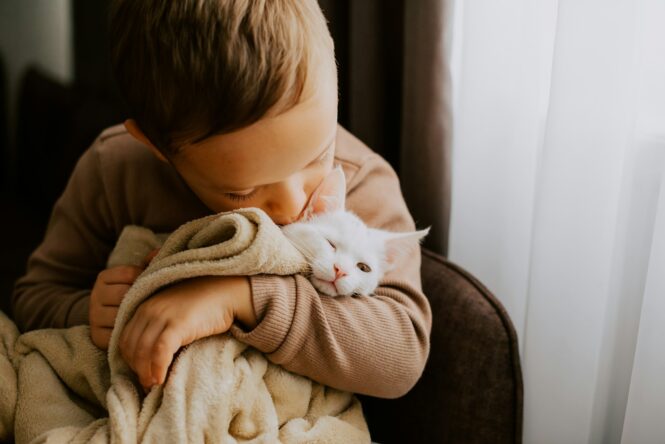
It might sound obvious, but some people still see pets as something to post about or show off, rather than complex creatures with their own emotions, needs, and instincts. A good pet owner never treats their animal like a trend or a piece of decor. They recognise that owning a pet is a long-term, emotional commitment, not a temporary moment of cuteness or a photo opportunity. Real care goes far beyond appearances.
2. Ignoring regular vet visits
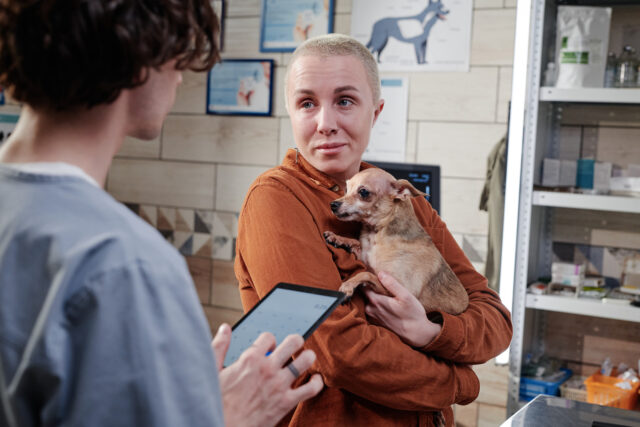
Skipping vet checkups just because the animal “seems fine” is something responsible pet owners avoid. Animals are excellent at hiding pain or illness, and preventive care saves a lot of suffering later. Good owners make sure their pets get the checkups, vaccinations, and dental care they need, even if it’s inconvenient or expensive. It’s part of the deal when you take on the role of caregiver.
3. Assuming training is only for dogs
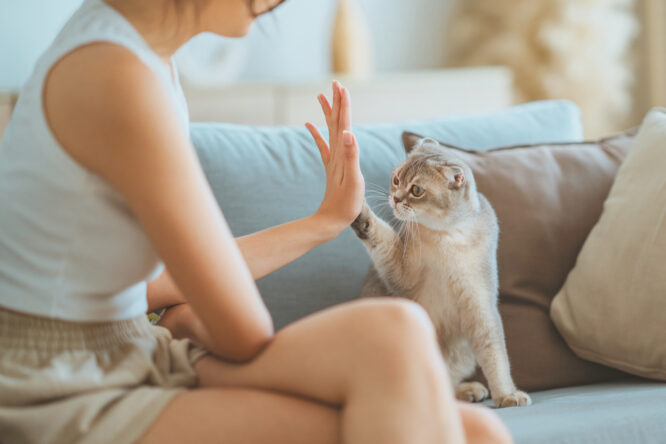
Plenty of people overlook training for cats, rabbits, or even birds, but animals thrive with boundaries, routines, and mental stimulation. Training isn’t just about commands—it’s about communication and mutual respect. Good owners take the time to understand their pet’s behaviour and teach in a way that works for the animal. It’s not about control—it’s about creating a safe and predictable environment.
4. Yelling or punishing out of frustration
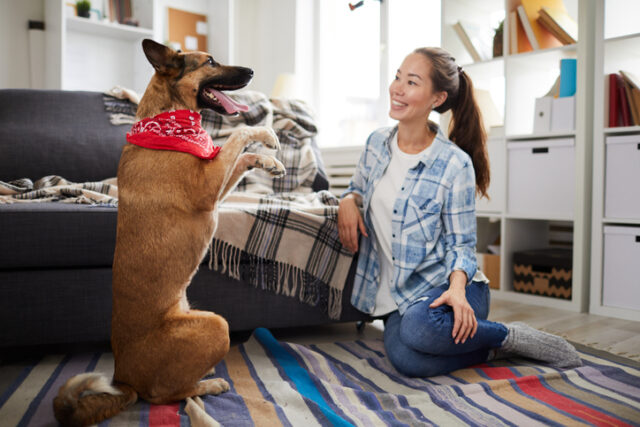
Losing your temper with a pet is never productive. Animals don’t respond to yelling the way people might—they just get scared, confused, or anxious. A good pet owner learns to respond, not react. Patience is a key part of the job. When something goes wrong, a thoughtful owner takes a step back and figures out what the animal was trying to communicate, rather than immediately blaming or punishing them.
5. Leaving pets alone for long periods without a plan
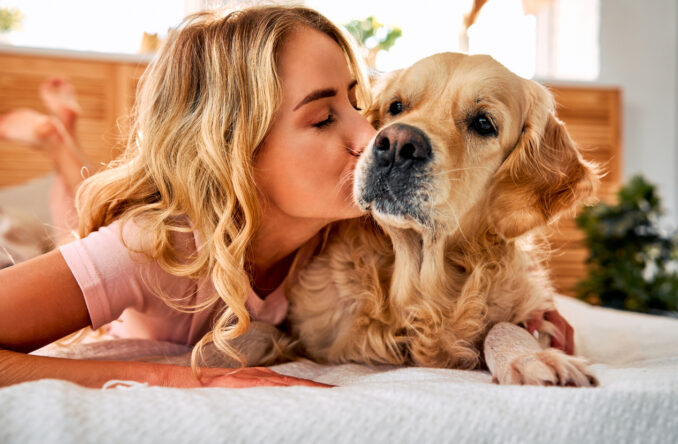
Good pet owners know that animals aren’t furniture—they get lonely, bored, or anxious if left for too long without interaction. Whether it’s a dog who needs walking or a cat who misses the sound of your voice, time alone matters. If life gets busy, good owners make arrangements, whether that’s a sitter, a dog walker, or simply coming home on breaks. They understand that companionship is a core part of pet wellbeing.
6. Neglecting mental stimulation

Physical care isn’t enough. Good owners understand that animals need mental engagement, too. Toys, games, problem-solving tasks, and even new scents or sights can help a pet feel more fulfilled. When animals act out, it’s often because they’re under-stimulated, not “bad.” A thoughtful owner takes this into account and finds ways to help their pet stay sharp, curious, and content.
7. Forcing interaction when the pet needs space
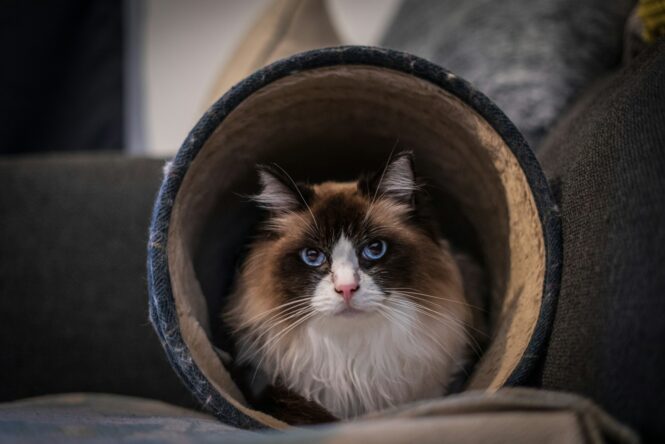
Sometimes animals just want to be left alone—and good owners respect that. Whether it’s a shy cat, a tired dog, or a skittish rescue, pushing physical affection when it’s not wanted can damage trust. Patience and consent go hand-in-hand when building strong bonds with pets. Letting them come to you, on their terms, shows you’re listening even when they can’t speak.
8. Choosing pets based on looks or trends
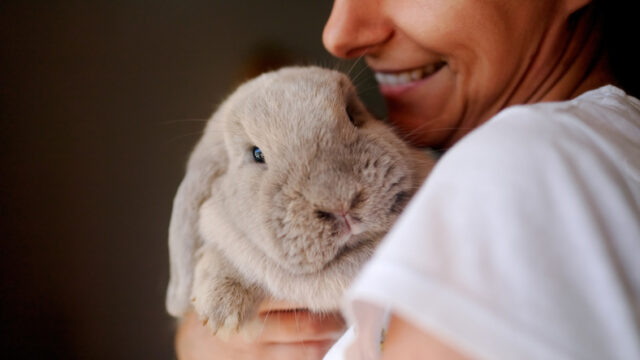
Some breeds or animals rise in popularity because of viral videos or a celebrity’s influence. Good owners don’t fall for that. They choose animals based on compatibility, lifestyle, and the animal’s needs, not just appearance. Every pet has its own personality and care requirements. A responsible owner does their research and chooses with long-term care in mind, not what’s trending online.
9. Using crates or cages as punishment

Crates and enclosures can be useful tools—but never as punishment. When used correctly, they’re safe spaces where pets feel secure. When misused, they create fear and confusion. Good pet owners use these spaces thoughtfully, making sure they’re associated with rest and calm—not isolation or discipline. It’s all about how the pet *feels* about the space, not just what it’s used for.
10. Skipping socialisation opportunities
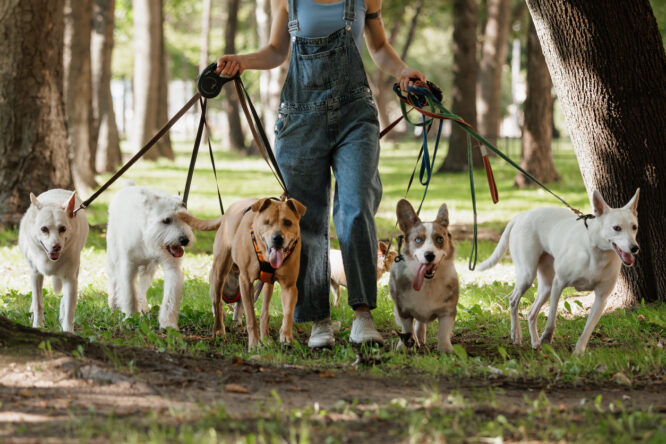
Animals, especially dogs, need safe, regular exposure to people, environments, and other animals. Without it, they can develop fear-based behaviours or struggle to adapt later in life. Good owners gradually help their pets build confidence by introducing new situations in a way that feels safe. The key here isn’t forcing the interaction; it’s gently expanding their world in a way that feels secure.
11. Expecting perfect behaviour without meeting their needs
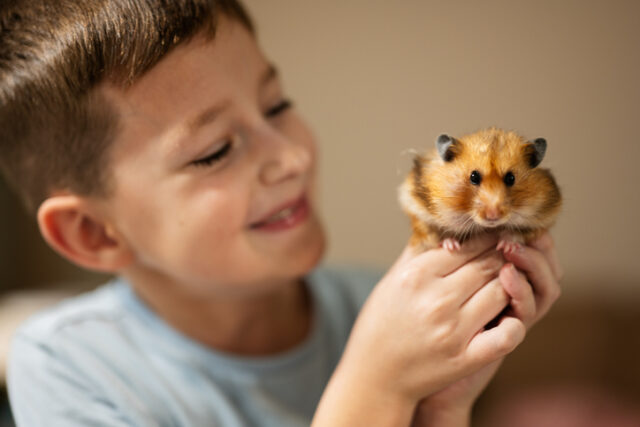
You can’t expect a dog to be calm if it’s not getting walked. You can’t expect a cat to stop scratching if there’s nothing appropriate to scratch. Pets act out when something’s off—usually their needs, not their attitude. Good pet owners look at the behaviour and ask what’s underneath it. They don’t expect animals to behave perfectly; they create environments that make good behaviour easier.
12. Overfeeding or not understanding proper nutrition

It’s easy to overfeed a pet out of love, but excess weight can lead to major health issues. Good pet owners learn what’s appropriate for their animal’s size, age, and activity level, and they stick to it. They also look beyond just calories. Quality of food, hydration, and treats all matter. Caring for a pet’s health starts in the bowl, and continues with routine and consistency.
13. Choosing convenience over the pet’s emotional well-being

It might be easier to board them than find a sitter they know, or to skip the walk because it’s raining. However, good owners ask themselves what the animal feels, not just what’s convenient. Being a good pet owner often means doing the slightly harder thing for the right reason. Animals don’t always understand change, but they always notice when you show up for them anyway.
14. Treating their needs like a burden
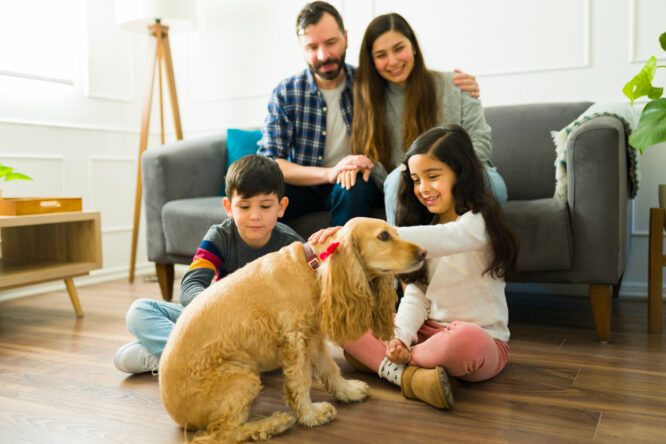
Pets aren’t accessories, and they’re not here to fit neatly into your schedule. Good owners accept that pets require time, patience, money, and emotional effort. That’s part of the package, and it’s worth it. When you stop seeing care as a chore and start seeing it as an exchange, the whole dynamic shifts. You’re not just keeping an animal alive—you’re helping them thrive.



